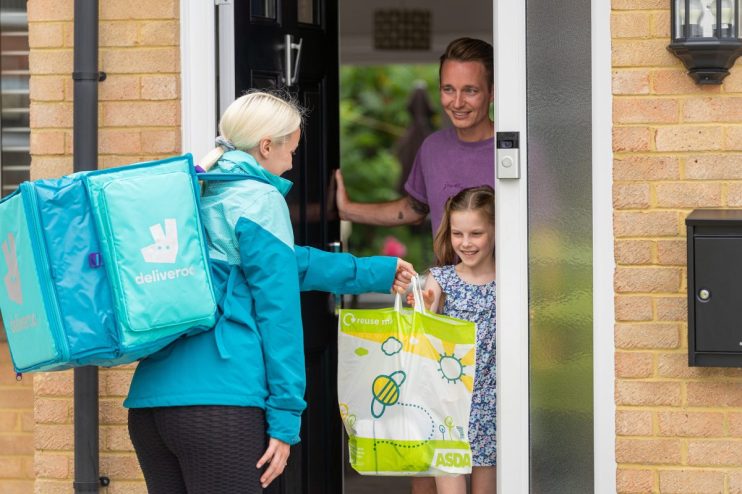Debt campaigners sound alarm over Deliveroo’s Klarna tie-up

Debt campaigners have sounded the alarm over a “worrying” partnership between Deliveroo and buy-now pay later firm Klarna today which they claim could land cash-strapped Brits in mounting piles of debt.
Consumers will be able to choose to either use Klarna to pay immediately, pay the full amount within 30 days or to pay in three instalments over 60 days, the fintech announced earlier this week.
Deliveroo was “giving customers more choice and more flexibility with a safe, secure way to pay online,” the delivery firm’s UK chief business officer Carlo Mocci said.
However, Sue Anderson, head of media at Stepchange said: “It’s a worrying development to see mainstream food delivery providers offering Buy Now, Pay Later, especially at a time of such financial uncertainty for households.”
Personal finance experts also branded the move “irresponsible”, with Choose Wisely’s Tara Flynn arguing against “getting yourself into debt over a meal that’s gone in 15 minutes.”
She called on the London-listed platform to “seriously reconsider this move ASAP.”
“Our research shows those using BNPL are often in financial difficulty, with a quarter of BNPL users having to turn to borrowing to keep up with their essential costs,” she added.
“Because BNPL is not yet regulated, providers may not carry out effective affordability checks or prevent users from taking out multiple BNPL loans from different retailers they are unable to repay.
The convenience and ease of BNPL can also causes those with less financial experience to make impulse purchases and access credit without realising there can be serious financial consequences if they fall behind on repayments.”
A Klarna spokesperson said the fears were misguided, however.
“People have been paying for food deliveries with credit cards and overdrafts for decades but they’ve been stung by rip-off fees and extortionate interest so it’s time consumers had the choice of a healthier alternative where they only ever pay the original cost of the purchase,” they said.
Concerns have grown over the usage of unregulated BNPL products this year as rising prices squeeze wallets and push Brits towards borrowing.
A survey in May by Hargreaves Lansdown found that nearly ten per cent of people had turned to BNPL products to buy groceries as the cost of living began to bite.
BNPL firms are set to fall into the remit of the Financial Conduct Authority but will remain unregulated until late 2023. The Treasury set out a framework for regulation earlier in June which will include firms within the financial ombudsman scheme and require them to tighten affordability checks.